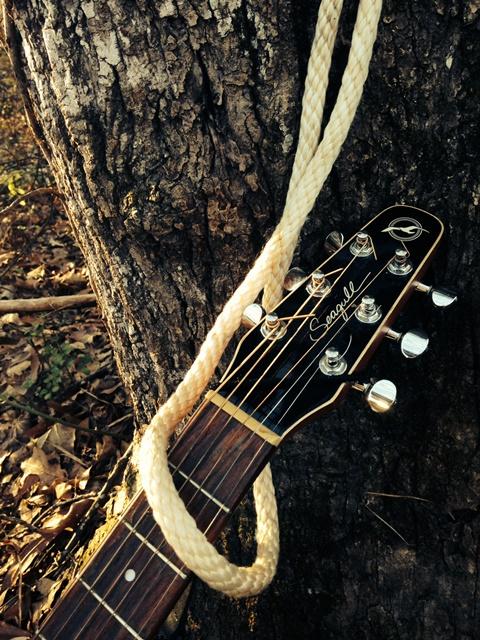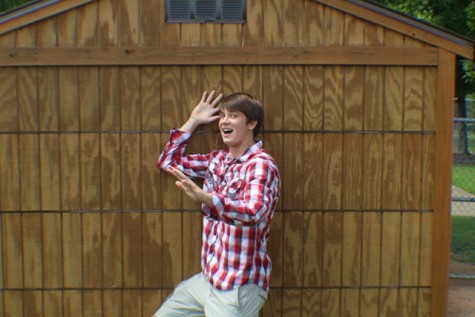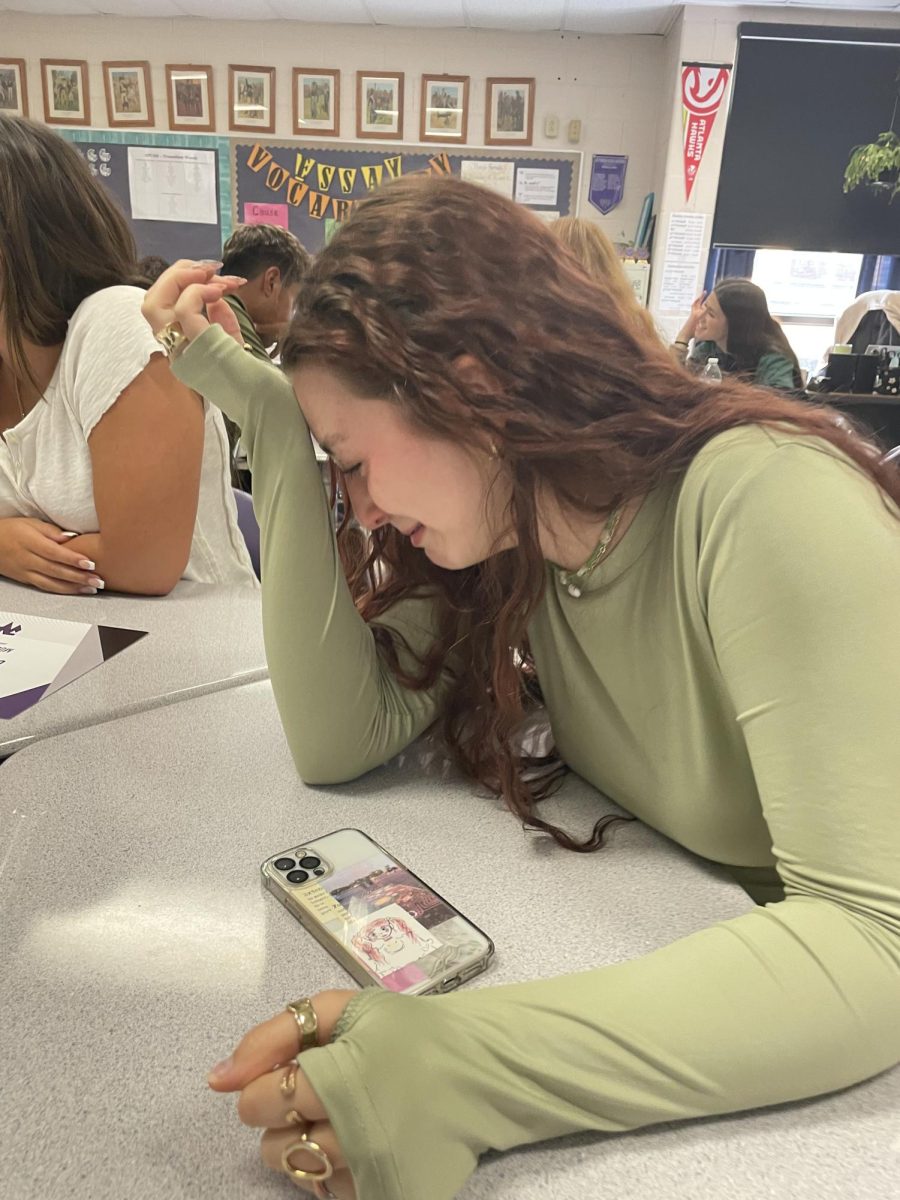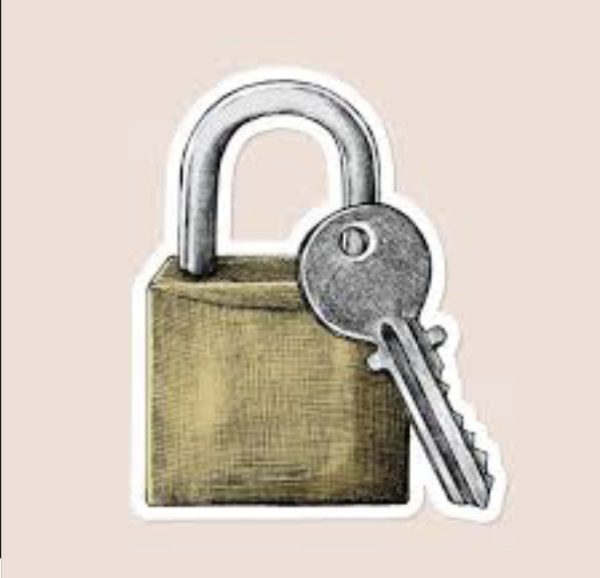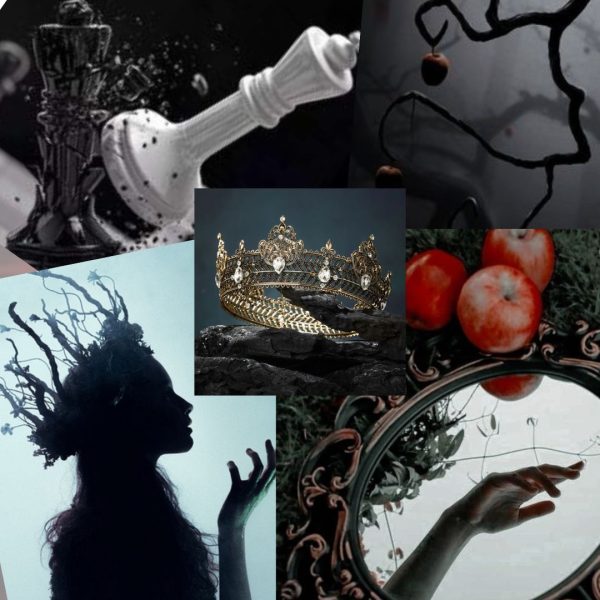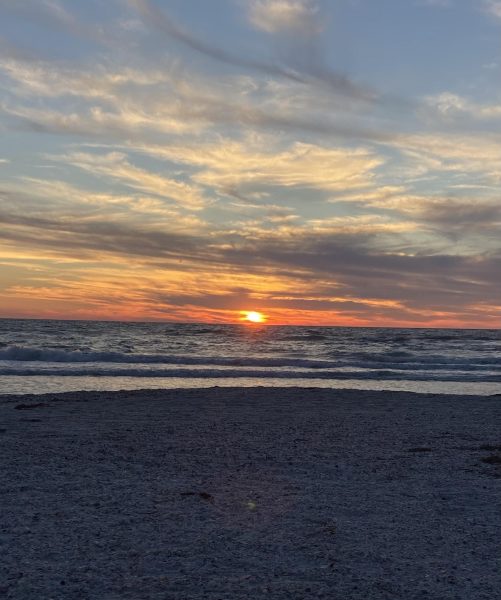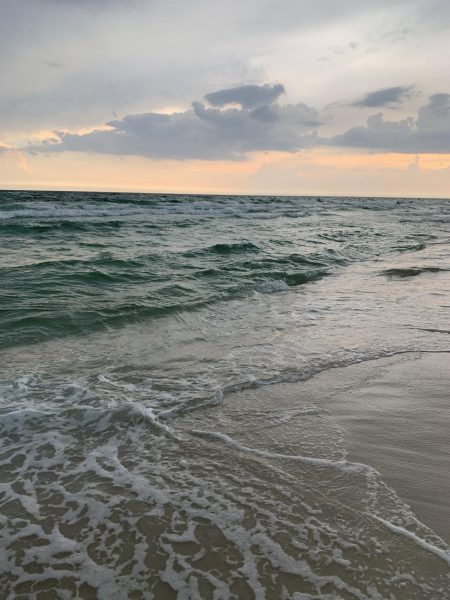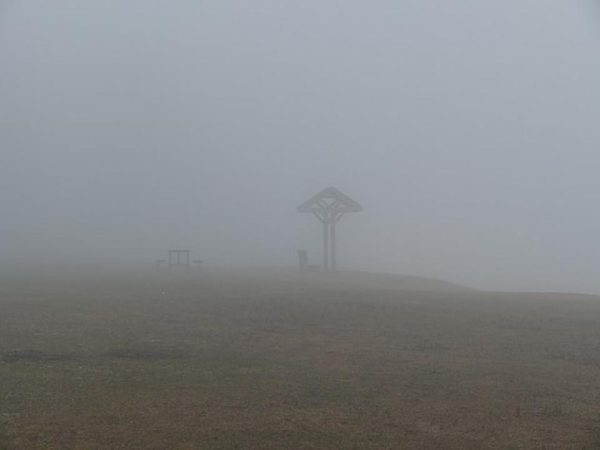Wraith of the Riverstone Reel
January 14, 2016
Listen closely, dearest child, but surely not to me. Listen to that breeze that blows every autumn from the hilltop, that catches your hat and plucks it from your feather hair. It is not the wind that whistles among the streets, dear child; listen closer. Yes, you hear it, do you not? Hear the notes that slip like a quiet prayer through the streets. Indeed, we all hear them, and perhaps regret that ever we silenced them. For that rope that hangs from the branches on the leaning hill, its final taut tuning spilled the last notes that left a poor old fiddle, and the first of all too many more to come. Yes, dear child, I think I may recall: do you not wonder why we shy with shame from the hanging hill?
I remember that old fiddle; not his name, no, no one remembers his name. I do remember his music however, but then again, perhaps music is not the proper word at all. When he began to play, the trees themselves came a touch closer; his bow strummed like water on stone, his notes like the branches in the wind. A chirp from a songbird became his ever spiraling chorus. The roar of thunder beat like a drum to his music. The sun would arise and he’d strum the rays in the sky. The night would set and the moons light became a staff, the stars his notes. He never spoke or sung, never bothered to converse, but we all knew him, for a similar chord did he strike through us all.
Hatred. Disgust. Oh, how we toiled in the fields and forests, tore our palms upon the plow and ax. Our brothers walked off to war; our sisters bound themselves to the worst scoundrels ever to rear their heads. Day’s end would come, and the Holy Spirit would bless us with rot taken meals and leech filled water. Our beds would finally take us with naught but the fear of winter to sing us to sleep.
Of course he would be there. That fool would be there in the town or the fields, surely just waiting for us venture by. Hardly a quarter of the day could pass before we all but bowed with fatigue, and just then came his strike to our faces. His passion, his joy. How dare he stand over our broken bodies and play all his joy? Do you do but laugh at us? Are you but an imp to scorn our misery, a creature of the merciless nature to watch and feed upon our suffering? Get thee back to hell! Take the terror of the world with you! Tell the Devil himself he can take this bloody curse of our lives back!
Indeed, that is what he became to us. The keepers and farmers, the holy men too, all would chase his unholy enchantment from their place. They would hear him play amid their misery like some foul creature to feed upon them with delight. All scorned him, that demon that would face no struggle. He would not work, would not help, would not even beg. No place among us did he belong. No, he was something dratted, something to be hated, perhaps even feared. For all we cared, the fiddler was the Devil himself walking among us, yet no matter how we scorned him, no matter what we threw, words, sticks, stones, he’d be there bowing the tune of the wind and rain beneath his strings.
Then came the autumn. Yes, I do remember it quite clearly. It was a bright one indeed. I remember how the leaves so filled with scarlet, how the days blew cool wind and decay through the streets. My dearest children, I wish it was but a farce, but so surely could we feel its coming that such a scent might well have clung to the fields themselves, for when the farmers set out to seize their crop, it was truly all they found. Death, decay. Putrefaction in perfection. A plague of the foulest, perhaps of the Devil himself, closed its hands about our world. Everything was dead and taken: the corn grew dry and cracked, the gourds dark and rotten, the fruits consumed by larvae. God sentenced us to starve, and already Winter’s tongue licked across its maw.
Yes, we were sentenced to die; what could we have but the chance to do the same? All of us stood outraged, disbelieving any kind God could damn us to such a cruel end. Surely, not but the Devil could be responsible for this. Yes, the Devil, dear child, it was his fingers that reached into our fields and poisoned the land.
“We must cleanse this wretched corruption!” cried those preachers, so witless. “A witch must have welcomed the Devil!” cried the townsmen, so dull. “But of course, my children…” spoke a voice, so sly, “…have you not heard his dire cries to Lucifer?” They listened.
“Have you not heard the screams of his strings, the tune of anarchy in his notes, all to the beat of flickering flames? Do you not hear the fearsome wild upon the fiddler’s scales? It is he who brings this plague upon us, he who dares to consort with sin. Look to the music, and there will you find the Devil’s fingers at play.”
The townsmen rose in fury. An ocean of blades and fire washed across the autumn countryside, crying for death upon the scarlet earth. They found him by the far fields, washing the hills with his fiddle’s tears, the smallest rose planted at his feet. Without pause, they dragged him away to the hanging hill. Roars of justice rang across the land as they stood him upon a rotten bench, slung a noose over the highest limb. He refused to acknowledge such events, perhaps even refused to fear them. The fiddler simply hung his head in silence.
The cries quieted. The magistrate approached. “Wretched soul, you have been convicted of witchcraft, of poisoning our dear land, and most dastardly, for consorting with the devil and betraying your most beloved God. May he have mercy on your soul.”
The crowd roared and jeered, throwing stone and hatred upon the condemned. He refused to look up, still standing silent as bruises rose bloody upon his body. The hangman lowered the rope upon the fiddler’s shoulders as a sneer built from beneath his cowl.
The magistrate held a hand for silence. “Have you anything to say?”
The fiddler stood long, holding his thoughts within his bowed head. The crowd readied to pounce, but at the sound of silence, they all began to wonder, to shift with uncertainty, maybe even to hunger for the slightest sound of defeat from the dead man. Still he remained unspoken, and they all grew still so as not to mistake the mention of a word.
At last he rose, and all leaned towards the hanging tree… but where was his fear? His tears? Only… disappointment shown in his eyes.
“When all beauty is vanished, what God might there be? When our brothers go to death, our sisters to torment, wherefore in silence lies He? The dull will find reason, the cowardly the drink. Neither find solution, but a source of petty comfort, I think.
Yet I clung to no false beauty, but that which did remain. That which lies untainted by the world, upon the breeze, upon the leaf, is the only coin I’ll gain. For the sun’s rays I strummed and never a tear need they shed. The beat of thunder I danced to, for never did it find its brothers dead.
My good people, I found in my heart not a shudder for what is vile, but an unfeeling flame to burn all away. What use had I for fear and strife, in the face of something as sheer as night and day? The wind stops not for the weak bounds of man, where he does whine and complain. The Earth tears all chains, breaks all drama, that so dares to tie it upon the reign.
I cried out to the people ‘Can you not feel your own storm, your own blaze?’ Oh, how I longed for another’s chorus to break through this haze. But alas,” he sighed. “I fear I was but the only one, who dared to defy fear, fear even of God, and drink the true light of the sun.”
He smiled to the magistrate, who stood as a mute gawker, and kicked the bench from beneath his own feet. The rope squeaked as the fibers pulled taut, just as the sound of a fiddle cuts silent.
The crowd stared without sound. No one shouted. No one jeered. No one praised the hand of justice. They simply watched the corpse swing before them.
A low melody began to the beat of his swing. The townsmen listened at first in respect, but slowly, the tune grew familiar, and horror began to rise. Each of them shivered in their stockings and quivered beneath their hats, for they all had heard such a sound echo upon their fields and streets before.
A woman screamed. They all turned to the figure standing aside the hanging tree, who bowed his fiddle as he watched his own corpse swing from the branches.
The men shrieked like ghouls. The women howled like witches. All of them, from the pot-bellied magistrate to the sly hooded hangman leapt in fear and fled for the town. The fiddler’s ghost ended his tune just as his corpse stopped swinging and the townsmen lay hidden in their homes. He smiled and shook his head.
A breeze picked up, and the beat started once more. He looked to his dearest world and smiled brighter than ever. “One more for the road, darling?”
All around that hilltop he danced, strumming that fiddle faster than the Devil’s fingers to a tune that would make the hearts of riverstone tear up with joy. The night fell, the days left, the leaves fell, and still he played so fearlessly joyous upon the unstoppable weather. The autumn would return, return, and return again; he’d always return yet more, his notes one with the wind at last, and nevermore would the light and dark touch his blazing soul.


